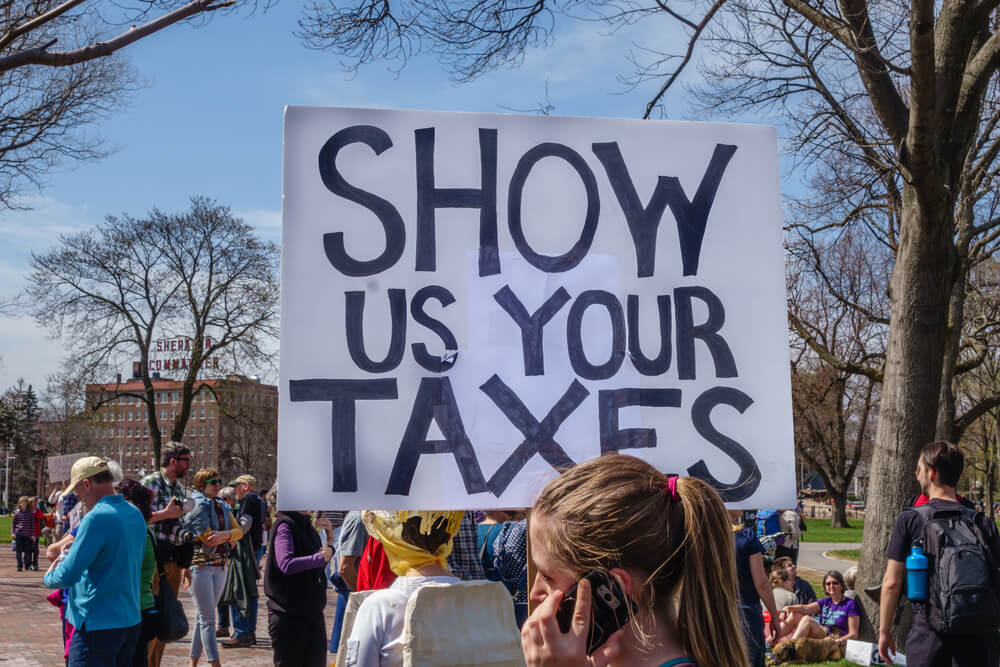House Democrats are likely to request up to 10 years of President Donald Trump’s tax returns in the next couple of weeks, tailoring their approach in an attempt to win any court challenges.
The details aren’t completely ironed out, including whether or not to go after tax returns related to Trump’s many businesses in addition to his personal returns.
House Ways and Means Committee Chair Richard Neal, D-Mass., and congressional lawyers are reportedly relying on a 1924 law giving House and Senate tax-writing committees the power to demand the tax returns of White House officials.
“If we had done this a month and a half ago, we would not be prepared, we would be falling on our face, and we’d be looking at the rationale for what we’re doing,” said Rep. Bill Pascrell Jr. (D-N.J.), who along with other Democrats has pushed for congressional action to get at the tax returns practically since Trump took office. “Would I have liked it to go faster? I started two years ago. Yes, of course.”
Pascrell, a member of Neal’s committee, would not give an estimate for when the inquiry could come, but he said he is advocating for a sweeping request for records, including personal and business tax filings, in search of a comprehensive view of Trump’s compliance with the law.
As House Democrats begin to roll out probes of the Trump administration on multiple fronts, some lawmakers say Trump’s tax returns could contain information critical to many of their inquiries and, as such, could become the linchpin of their oversight responsibilities and the focus of one of the most important court fights they will wage.
Trump of course has no plans to allow Treasury Secretary Steve Mnuchin to give up his personal records, but lawyer Rudy Giuliani said it’s too early for the president’s legal team to decide how to respond until a formal request is made.
Giuliani warned against House Democrats overreaching their authority and “creating a circus.”
“I can’t say yet” what the president and his lawyers would do, Giuliani said. “You face it when it becomes an issue, and that would deserve a lot of legal consideration.”
The 1924 law does not appear to give Mnuchin much flexibility to deny a congressional request — it says he “shall” turn over the records.
But if he refused, Democrats would probably try to compel Mnuchin to comply by filing a lawsuit in federal court. That could drag the process out for months or more than a year, which could be one of Trump’s primary legal strategies, particularly if he thinks Republicans might retake control of the House of Representatives in the 2020 elections.
“What the president will do is: He will, first of all, respond grudgingly and slowly. They will then negotiate,” said former House speaker Newt Gingrich (R-Ga.). “They will be subpoenaed. They will take that all the way to the Supreme Court.”




